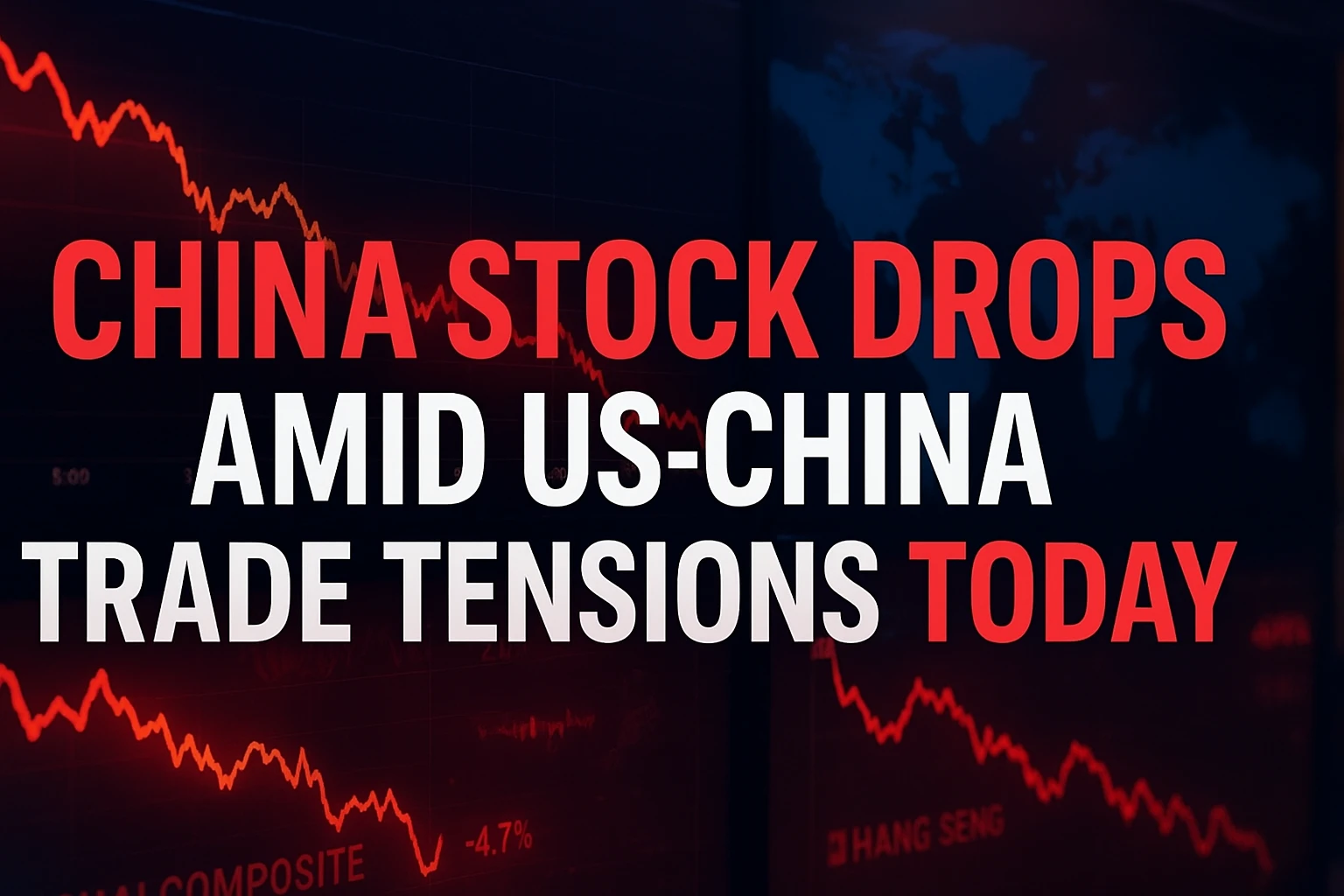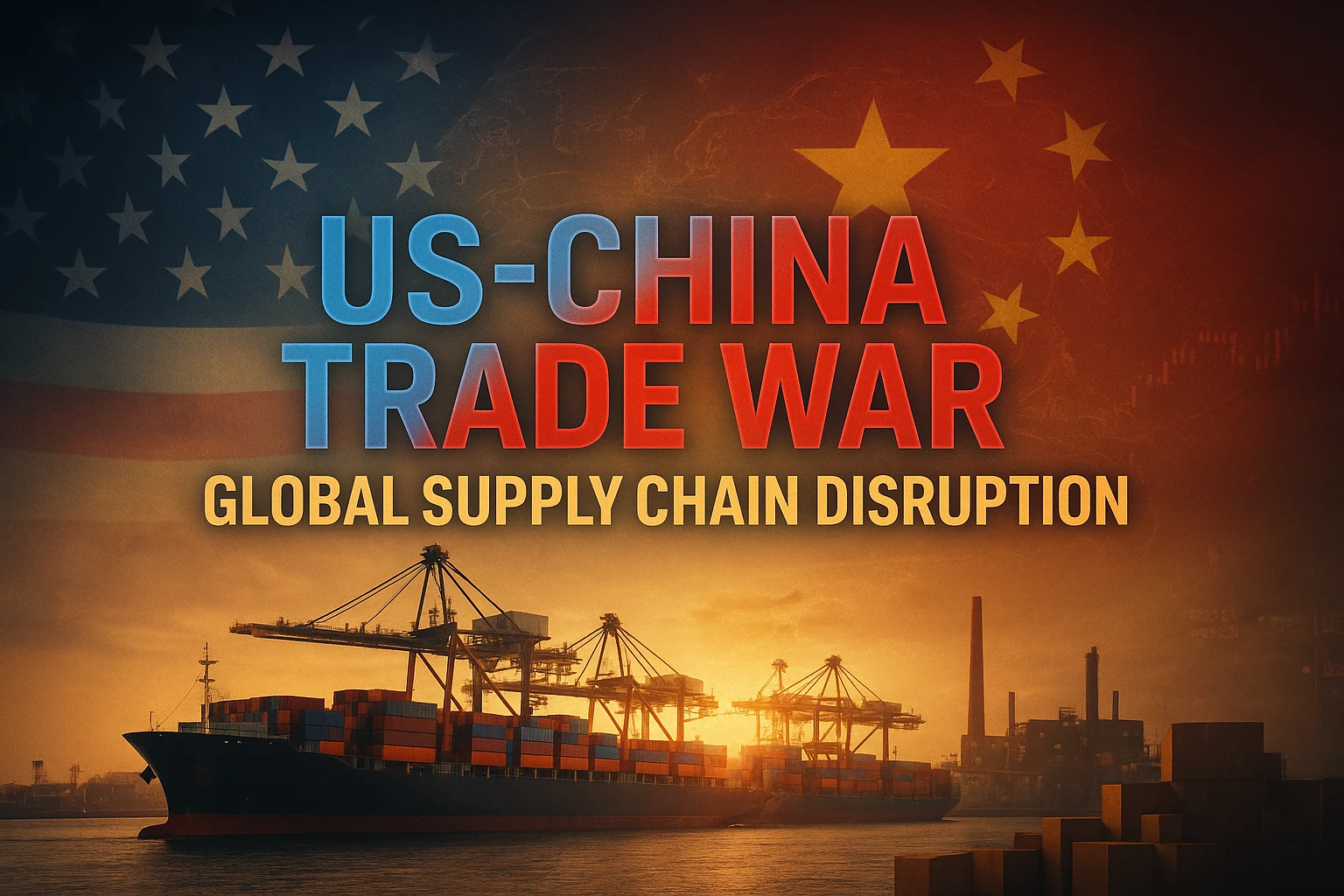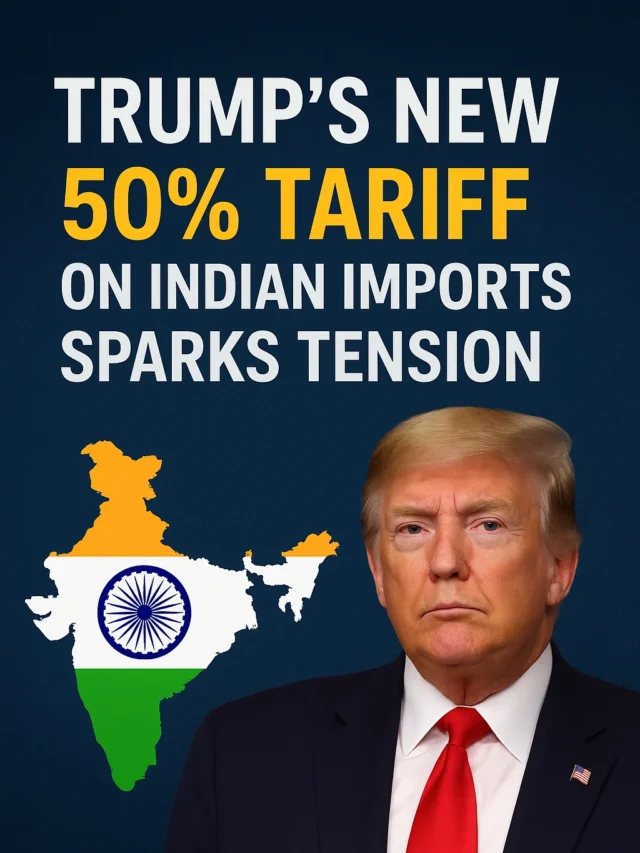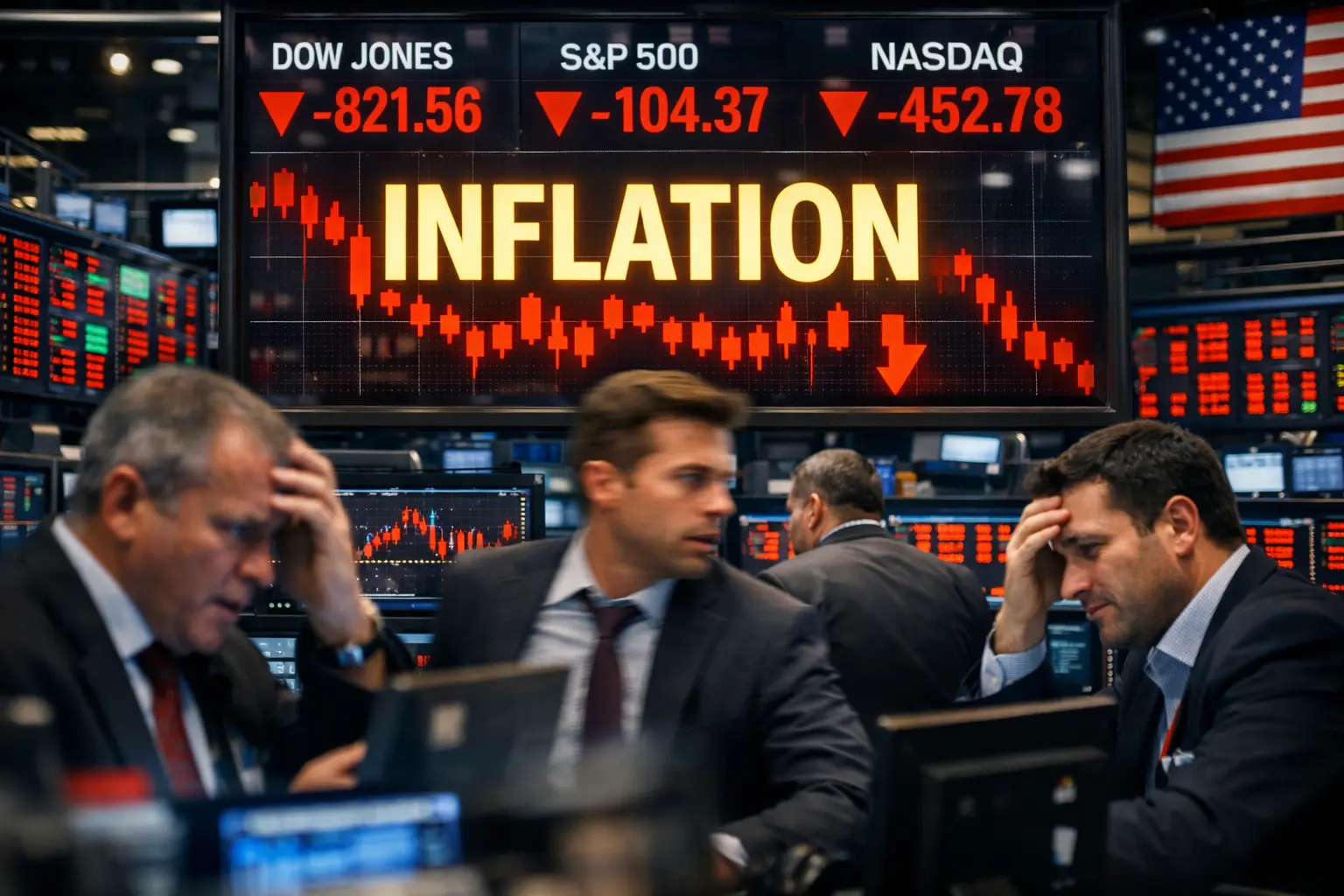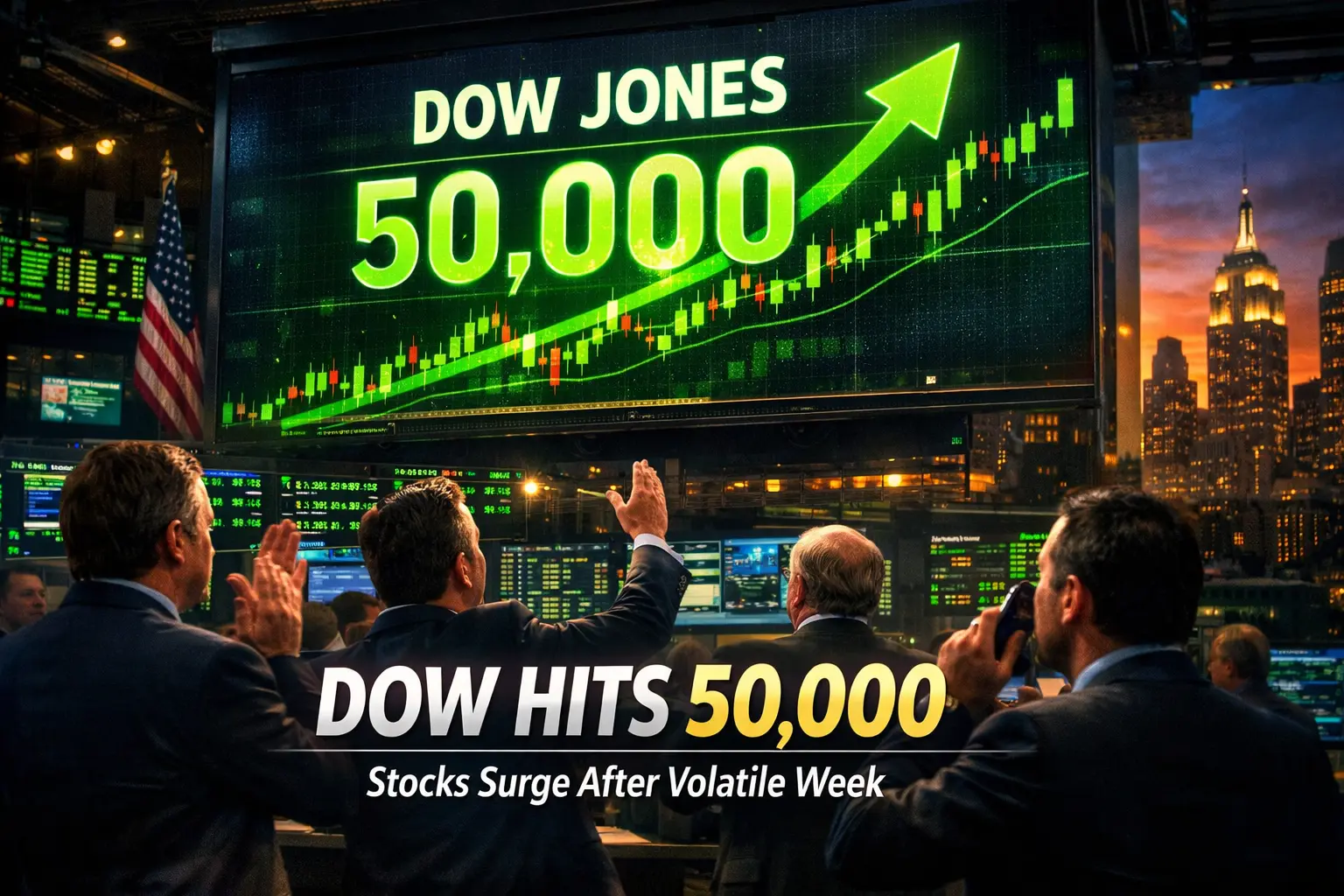Chinese (China stock) markets saw volatility today, primarily due to rising trade tensions between the United States and China. The US announced an additional 100% tariff on goods imported from China, raising concerns among investors.
China stocks
Chinese stock markets fell after the US announced an additional 100% tariff on goods imported from China. The Shanghai Composite Index fell 1.3%, while Hong Kong’s Hang Seng Index dropped 3.5%. However, China’s rare earth and semiconductor stocks saw gains, demonstrating resilience even amid these tensions.
🇨🇳 China Market Update
- 💥 Tariff Shock: The U.S. announced an additional 100% tariff on goods imported from China.
- 📉 Market Reaction: Chinese stock markets declined sharply following the announcement.
- 📊 Shanghai Composite: Fell by 1.3%, reflecting investor uncertainty.
- 📉 Hang Seng Index: Dropped 3.5%, marking one of its steepest declines in recent weeks.
- ⚙️ Sector Resilience: Despite the broader fall, rare earth and semiconductor stocks posted gains, showing market resilience amid tensions.
America’s new trade policy
The United States has announced additional 100% tariffs on goods imported from China, effective November 1. Furthermore, the United States plans to impose export controls on Chinese-related software and technology products. This could increase pressure on Chinese technology companies.
China’s response
China has strongly protested this action by the United States and described it as part of a trade pressure campaign. China has announced the imposition of additional tariffs on US vessels, which will amount to 400 yuan per ton for American ships. This tariff will increase to 1,120 yuan per ton by 2028.
⚠️ China’s Response to U.S. Tariffs
- 🗣️ Official Protest: China strongly condemned the new U.S. tariffs, calling them part of a broader trade pressure campaign.
- 🚢 Counter-Tariffs: China announced new tariffs on U.S. vessels, amounting to 400 yuan per ton for American ships.
- 📆 Future Increase: The tariff will rise progressively to 1,120 yuan per ton by 2028, signaling a firm stance against U.S. trade measures.
Advice for investors
Investors are advised to remain cautious in the current situation. This is a time to understand market volatility and consider long-term investment strategies. Experts believe that if talks between the two countries are successful, market stability could return.
The escalating trade tensions between the US and China are impacting global markets. Investors should exercise caution when making investment decisions at this time. There is hope that the upcoming negotiations between the two countries will improve the situation.
Disclaimer: This article is for informational purposes only and should not be construed as investment advice. Consult your financial advisor before making any investment decisions.
Also read:
🔷 When Trade Wars Spill Over: Impact of US-China Conflict on Global Supply Chains
🔷 China’s Rare-Earth Export Controls: A Global Supply-Chain Stake
🔷 Netflix Stock Falls: Revenue Forecast Fails to Meet Investor Hopes


